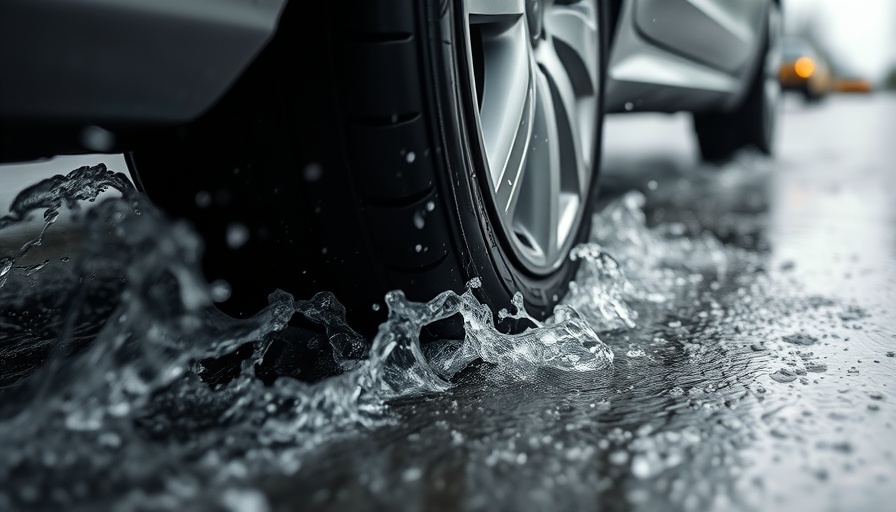
Anker's Alarm: A Recall You Can't Ignore
In today's tech-savvy world, portable power banks are essential. They ensure our devices stay charged whether we're commuting, traveling, or simply going about our daily tasks. However, an alarming recall has recently surfaced, affecting over a million Anker power banks. The announcement emphasizes not just precautionary steps, but the actual fire risk associated with these devices.
Why the Recall? Understanding the Risks
Anker's recent recall stems from issues identified in their lithium-ion batteries. These batteries are popular for their efficiency, but they can pose serious fire hazards if there is a defect. "Recalled lithium-ion batteries must be handled differently from regular batteries because they pose a higher risk of fire," Anker stated. This isn't just about numbers—it's about safety. The company is recalling the units “out of an abundance of caution,” even though they believe the malfunction likelihood remains minimal.
Which Devices Are Affected? Check Your Inventory
If you own an Anker power bank, you need to check if your device is affected. The current recall targets several models, including:
- Anker Power Bank (10K, 22.5W) — Model A1257
- Anker Power Bank (20,000mAh, 22.5W, Built-In USB-C Cable) — Model A1647
- Anker MagGo Power Bank (10,000mAh, 7.5W) — Model A1652
- Anker Zolo Power Bank (20K, 30W, Built-In USB-C and Lightning Cable) — Model A1681
- Anker Zolo Power Bank (20K, 30W, Built-In USB-C Cable) — Model A1689
Understanding whether your power bank is on this list is crucial. If it is, stop using it immediately, and don’t dispose of it until you’ve confirmed the recall with Anker.
Taking Action: What to Do Next
The next steps are critical. Anker has made the recall process easy to access through their Product Recall Submission Form. After confirming your model number, you can submit the form to receive either a replacement device or a gift card as compensation. However, before disposing of your power bank, ensure it’s done safely. Anker warns that most recycling centers are ill-equipped to handle recalled lithium-ion products. It’s best to reach out to hazardous waste facilities that specify they are capable of accepting these batteries.
Setting Your Mind at Ease: Understanding Fire Risks
It’s natural to feel concerned about potential fire hazards in products we commonly use. Lithium-ion batteries, despite their efficiency, have a complex relationship with safety. Their risk is heightened due to faulty manufacturing processes, which are why recalls like Anker's are vital. Familiarizing yourself with general safety tips associated with using power banks—such as avoiding extreme temperatures or physical damage—can provide you with peace of mind.
Community Support and Resources
In the MidSouth, health and wellness are intertwined with safety. To foster a healthier approach to technology use, consider local resources. Community centers may offer workshops on the safe storage and disposal of electronic waste, including batteries. Equipping yourself with knowledge not only helps you but can lend a hand to neighbors who might be unaware of potential risks.
Don't Compromise Your Safety
As homeowners in the MidSouth, your health and safety should come first. With technology integrated into our lives at unprecedented levels, it's essential to stay informed about the products you use daily. The Anker recall serves as a reminder that vigilance is vital. By taking prompt action, you not only protect yourself but also contribute to a cautious community culture.
Your Next Moves
Now that you’re aware of the Anker recall and how it affects you, it’s time to act. If you suspect your power bank is on the recall list, don’t wait. Check Anker's website, submit your information, and ensure you’re using safe practices in your tech usage. Protecting your home and personal wellness means being proactive. Join conversations on local forums about tech safety, and spread the word to friends and family. Empower your community by sharing this information and staying updated on recalls, ensuring everyone remains informed and safe.
 Add Row
Add Row  Add
Add 



 Add Row
Add Row  Add
Add 
Write A Comment